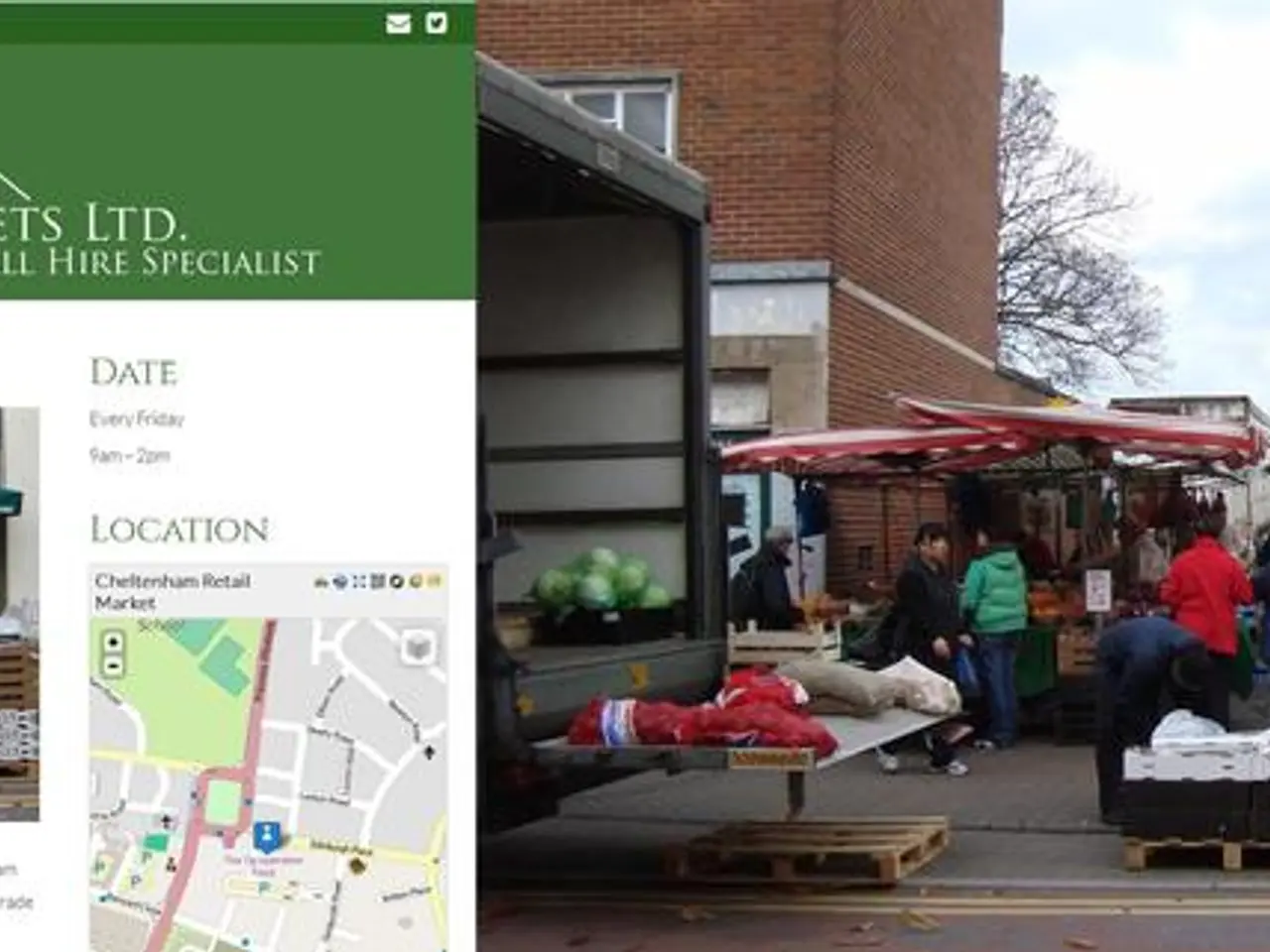Soaring Property Auctions in Hesse: A Cause for Concern
- *
Compulsory Auctions Enforced in Hesse Region - Compulsory sale event in Hessen occurs again
Unrelenting interest rates and mounting loan repayments have contributed to a 6.9% surge in properties being auctioned off in Hesse for the second year running, according to Younes Frank Ehrhardt, CEO of Haus und Grund Hessen, the real estate owners' association representing over 69,000 members. In 2023, 2,084 owners faced forced property sales as a result.
Local court records showed a mixed picture. While the number of forced property auctions at the Local Court of Wiesbaden nearly doubled in 2024, the courts in Frankfurt and Gießen observed no such increase. However, the Local Court of Kassel has seen a marked escalation, with 170 applications for forced auctions in 2024, up from 119 the previous year.
This trend can be attributed to persistently high interest rates and a tricky real estate market, making it challenging for some owners to find suitable buyers and avoid auction. Forced auctions are a means for creditors to recoup their losses when property owners fail to meet their mortgage payments or accumulate debts.
The Ministry of Justice in Hesse refrained from commenting on the reasons behind the upsurge in forced auctions. Ehrhardt's forecast for 2025 remains grim, with 474 new applications in the first quarter alone, suggesting that the trend is likely to persist.
Politicians are being urged to take measures to ease the situation. The current Building Energy Law, often referred to as the Heating Law, has been criticized for placing stringent conditions on heating systems, potentially causing distress among home buyers. While the CDU, CSU, and SPD have pledged to abolish the Heating Law, it remains unclear what its replacement will entail.
Economic Factors and Regulatory Influences
Economic conditions and regulatory frameworks play a significant role in influencing the frequency of forced auctions in Hesse and across Germany. Economic downturns, property value fluctuations, and changes in interest rates can lead to increased defaults and, subsequently, forced auctions. In this context, ongoing high interest rates and rough real estate market conditions have made it difficult for some property owners to keep up with their loan repayments.
Beyond economic factors, the legality governing property auctions and court procedures can shape the number of forced auctions and their outcomes. Modifications in regulations could impact the frequency and outcomes of forced auctions.
Implications for Local Courts
The uptick in forced auctions poses challenges and consequences for local courts:
- Inclusion of Compelling Caseloads: Courts in Wiesbaden, Kassel, Frankfurt, and Gießen may face a heavier workload due to the increased number of auctions being processed.
- Resource Redistribution: To manage the increased caseload efficiently, courts might need to allocate more resources.
- Legal and Administrative Challenges: Handling forced auctions involves intricate legal and administrative procedures, posing challenges for both the courts and the parties involved.
Despite the dearth of regional-specific information, understanding broader economic and legal factors can help illuminate the larger context of the forced auction trend in Hesse.
- The community policy in Hesse should consider the impact of high interest rates and real-estate market conditions on property owners, as they may lead to an increase in forced auctions.
- Investing in vocational training programs could potentially equip more individuals with the skills needed to succeed in a challenging real-estate market, aiding property owners in avoiding forced auctions.
- Politics and general-news outlets could discuss the potential benefits of modification in regulations for property auctions, as changes could potentially provide relief to property owners struggling with loan repayments and mortgage obligations.




